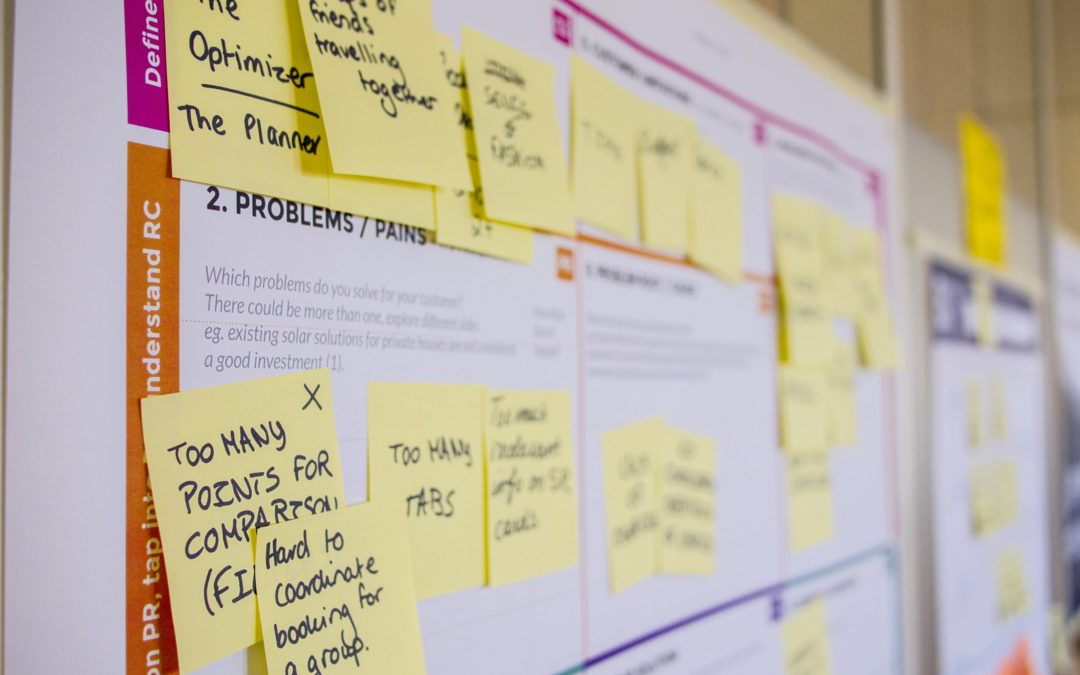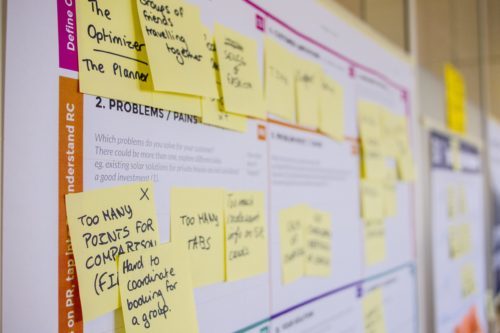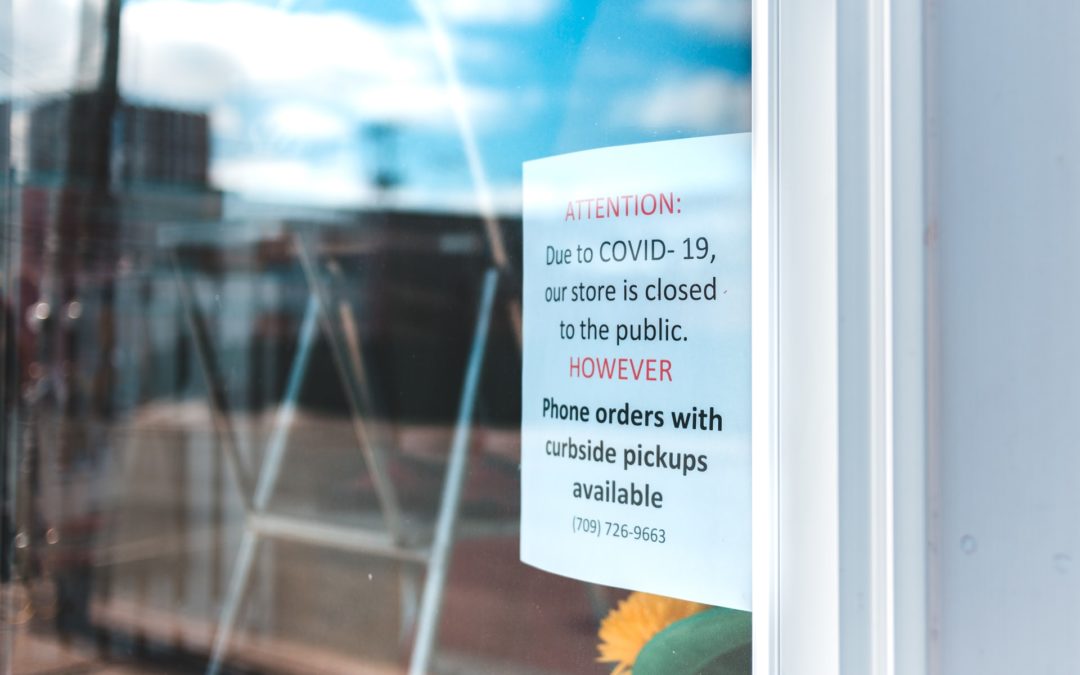
Sustainable start-up: Between candor and big lies
Sustainable start-up: Between candor and big lies
Wednesday, December 2, 2020
(This is a case study based on real proceedings. Names have been anonymized, and organizational contexts and events have been disguised. Any similarity to real institutions and organizational contexts is coincidental.)
Sustainable start-up: Between candor and big lies
Wednesday, December 2, 2020
(This is a case study based on real proceedings. Names have been anonymized, and organizational contexts and events have been disguised. Any similarity to real institutions and organizational contexts is coincidental.)
Start-ups are tricky and not least so in the wicked world of tech sustainability.
This story is about a young engineer suddenly finding herself immersed in an entrepreneurial setting where she struggles to balance her idealistic vision of sustainable technology solutions with the hardcore realities of business-as-usual.
Entrepreneur, oh really?
I´m a millennial who grew up between the US, Denmark, and Spain, and ended up studying chemical engineering in Copenhagen. I did my master’s in biotechnology and then gained my Ph.D. in Materials Science in Barcelona based on a project funded by the Spanish Research Council. I defended my thesis about a year and a half ago based on research on the interface between biology and materials science, using surface modification to control cell behavior.
I´ve always been curious, but I never thought about or planned to become an entrepreneur. Though I´ve heard plenty about it since my parents rarely had “real jobs”, rather, traditional employment like most other parents, but instead always talked about projects, cash flow (or lack of it), and start-up opportunities. They always told my siblings and me about the joy of doing what you want and when you want. And particularly the latter stuck with me (Read more…).











